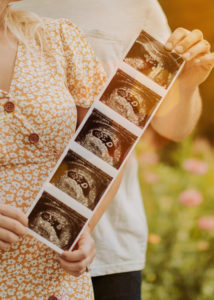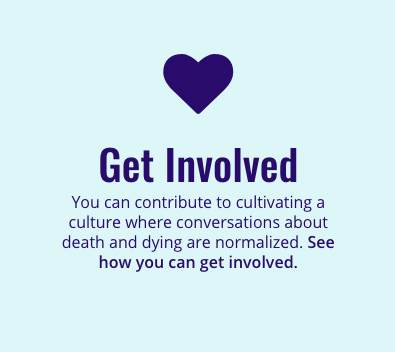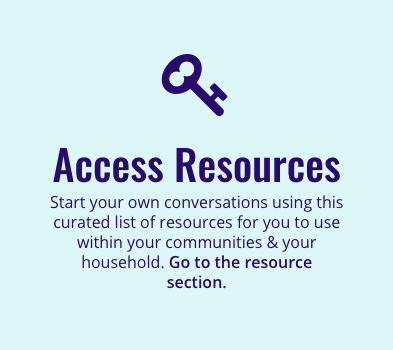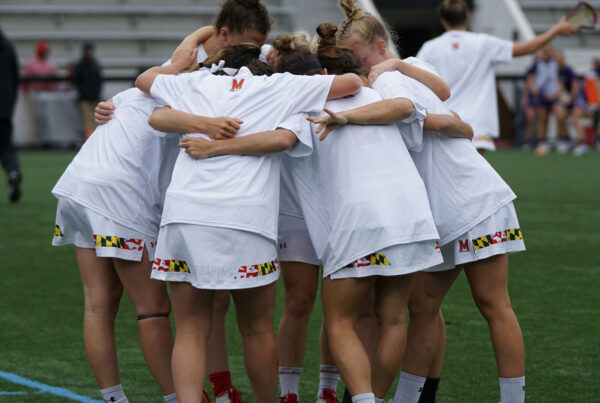 When my husband and I were ready to have a child, we both assumed that it would be easy for me to become pregnant, and that the following year, we’d have a baby in our arms. After nine months of trying, we got the news we were hoping for. We were going to be parents, and we were elated. We started brainstorming names, debating whether to find out the sex of our baby, and planning how we’d announce to our parents that we were expecting.
When my husband and I were ready to have a child, we both assumed that it would be easy for me to become pregnant, and that the following year, we’d have a baby in our arms. After nine months of trying, we got the news we were hoping for. We were going to be parents, and we were elated. We started brainstorming names, debating whether to find out the sex of our baby, and planning how we’d announce to our parents that we were expecting.
But about a month later, after a doctor visit and an agonizing wait for blood test results, we learned I’d had a miscarriage. I was devastated. It felt like my world had imploded and my long-awaited dream of becoming a mother had been shattered to pieces. We were assured that miscarriages are common, that it wasn’t because of anything I did, and that we could try again soon. None of that eased our pain in the moment, but after some months passed and we’d had time for our hearts to heal, we determined we were ready to try again.
Over the next three years, I became pregnant two more times—and both pregnancies resulted in miscarriage. Each one was more excruciating than the last because it increasingly seemed like I simply wasn’t going to be able to carry a baby to term. I asked myself the same questions over and over again: How could my body have let me down so many times? Why me? What if I never got to become a mom? How could I possibly keep going through the motions of everyday life, pretending everything was okay, when my heart was broken?
 For me, one of the worst parts of pregnancy loss was the loneliness that accompanied it. I had told my parents and a few close friends about my miscarriages, but most people in my life had no idea what I was going through, and I didn’t know anyone who’d personally gone through the experience in recent years and could relate to how I was feeling. In fact, no one I knew ever talked about the topic of pregnancy loss at all. So surely people would find it strange if I shared something so deeply personal, wouldn’t they? For the most part, I suffered in silence because I was afraid of what others might think. I often wondered: How is someone supposed to appropriately grieve the loss of a life that never really was?
For me, one of the worst parts of pregnancy loss was the loneliness that accompanied it. I had told my parents and a few close friends about my miscarriages, but most people in my life had no idea what I was going through, and I didn’t know anyone who’d personally gone through the experience in recent years and could relate to how I was feeling. In fact, no one I knew ever talked about the topic of pregnancy loss at all. So surely people would find it strange if I shared something so deeply personal, wouldn’t they? For the most part, I suffered in silence because I was afraid of what others might think. I often wondered: How is someone supposed to appropriately grieve the loss of a life that never really was?
But the more distant my pregnancy losses became, the more I started to feel like I couldn’t stay silent. Slowly, I became determined to find a light in my darkness and to turn my pain into something positive. So after picking myself up from a sob session on the bathroom floor one night, I decided to do three things to change my outlook and circumstances:
- I practiced gratitude and focused on what was good. I regularly took inventory of the things in my life I was grateful for—my family and friends, my job, my health, my home, the many creature comforts I was fortunate enough to be able to provide for myself. Most nights, my husband and I would each name something we were thankful for that day. Even on the tough days, there was always something for which to give thanks. We also went on trips, took classes, and enjoyed visiting places in our area that we’d always wanted to try out. We embraced the situation we found ourselves in rather than being solely focused on the life we wanted for ourselves.
- I became more intentional about fulfilling my dream. I made a conscious decision to stop feeling sorry for myself and to explore other ways to become a mom, even if they weren’t what I had long imagined for myself. My husband and I went to a fertility clinic for testing and to explore various treatment options. And we began looking into adoption and seriously considering that possibility. I realized that nothing could stop me from becoming a mom if that was what I really wanted.
- I started sharing my story in hopes that it would help other women. I realized the only way to break the silence around miscarriage was to talk honestly and openly about it. So I overcame my fear of what others might think, and I shared—with friends, with coworkers, even with my Facebook following. And I was utterly amazed, not just by the support and kindness that hundreds of people in my life offered but by the number of women, then and since then, who shared with me their own heartbreaking experiences of miscarriage or infertility. There is great comfort in knowing we are not alone in our suffering; by sharing my story with other women and listening deeply to their stories, I—and they—have been able to find solace and peace.
Eventually, with the help of modern medicine, I became pregnant a fourth time—and I gave birth to a beautiful boy who has been the light and joy of my life ever since. He’s about to turn 3, and not a day goes by when I don’t give thanks for him and realize how fortunate I am to be his mom.
But through the process of trying to birth a child, I also created a more grateful, more vulnerable, and more compassionate version of myself. My struggle has helped me to not take life for granted, to find the everyday blessings (of which there are so many), and to show up for others in their pain and suffering. What a gift! I will always look back at my pregnancy losses with some sadness, but I am also looking ahead each day with a newfound sense of purpose.
What has been your greatest struggle in life, and how did you navigate it? What have you learned from it? How has it changed you?









